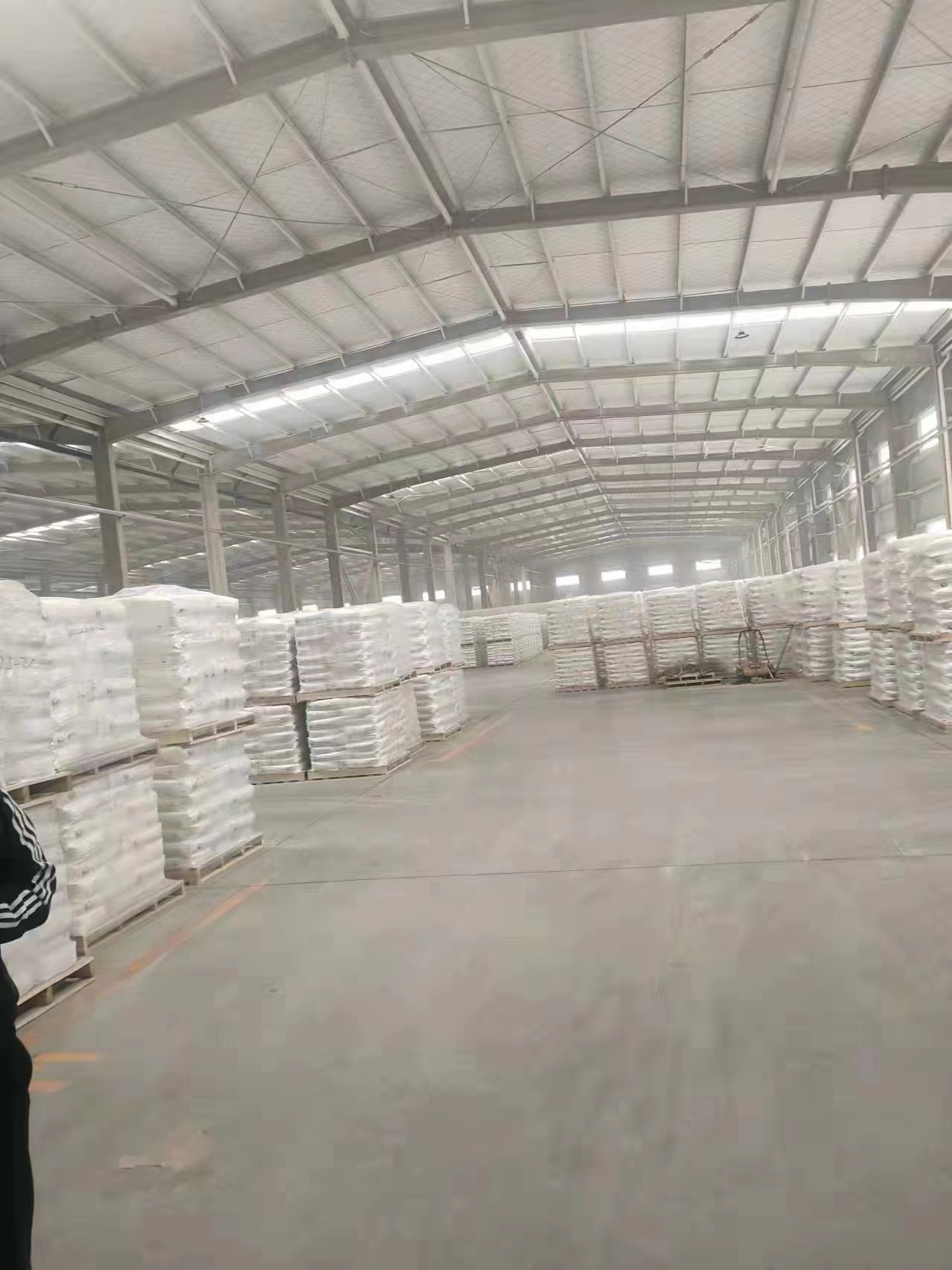
10 月 . 13, 2024 09:39 Back to list
Manufacturers of Anatase and Rutile Nano-TiO2 for Diverse Applications and Industries
The Landscape of Anatase and Rutile Nano-Tio2 Manufacturers
Titanium dioxide (TiO2) is a versatile and widely used material, particularly in its nano-form, which can be categorized into two main crystalline structures anatase and rutile. Each form offers distinct properties that lend themselves to various applications across industries. Due to its impressive photocatalytic ability, UV protection, and high refractive index, nano-TiO2 has gained significant traction in sectors such as paints, coatings, plastics, cosmetics, and solar cells. In this article, we will explore the landscape of manufacturers producing anatase and rutile nano-TiO2 and their contributions to the market.
Market Overview
The global demand for nano-TiO2 is burgeoning, driven by its unique properties and an expanding array of applications. Anatase and rutile variants have specific characteristics that cater to different needs. Anatase TiO2 is known for its superior photocatalytic activity, making it ideal for environmental cleaning applications, such as water treatment and air purification. In contrast, rutile TiO2 is favored for its stability and higher refractive index, which allows for better pigment performance in paints and plastics.
Manufacturers are increasingly focusing on optimizing the production processes for both forms to meet growing industrial demands and environmental regulations. The nanotechnology market is continuously evolving, with innovations in synthesis techniques such as sol-gel, hydrothermal, and flame pyrolysis, allowing for better control of particle size and morphology.
Leading Manufacturers and Their Innovations
1. Evonik Industries AG Based in Germany, Evonik is one of the leading global producers of specialty chemicals, including nano-TiO2. The company's product line features both anatase and rutile TiO2, tailored for specific applications such as coatings and sunscreens. Evonik invests heavily in R&D to enhance the photocatalytic activity of anatase TiO2, enabling its use in environmental remediation technologies.
2. Huntsman Corporation Huntsman, another major player, offers a range of TiO2 products that encompass both anatase and rutile forms. Their innovative approaches focus on improving the environmental footprint of TiO2 production. For instance, the company has developed a process that reduces waste and energy consumption, aligning with global sustainability goals.
anatase and rutile nano-tio2 manufacturers

3. Kronos Worldwide, Inc. Kronos is a prominent manufacturer of titanium dioxide and offers a diverse portfolio of products for various applications. Their rutile TiO2 is highly sought after for its durability and performance in coatings and plastics. Kronos is also known for its quality control measures, which ensure that their nano-TiO2 meets the strict standards required by regulatory bodies.
4. Cristal Global Cristal, a subsidiary of the multinational company, Saudi Arabian Oil Company, specializes in producing titanium chemicals, including TiO2 nanoparticles. Their focus on innovation in the production of anatase TiO2 has positioned them favorably for applications in energy and environmental sectors, including solar energy conversion technologies.
5. Tayca Corporation Tayca, based in Japan, is known for its advanced formulations of both anatase and rutile TiO2. They emphasize high purity and controlled particle size, which significantly enhances the performance of their products in consumer goods and industrial applications. Their commitment to research aids in developing specific grades that can improve the efficiency of photocatalytic applications.
Challenges and Future Prospects
Despite the positive growth trajectory, nano-TiO2 manufacturers face challenges such as regulatory scrutiny related to environmental and health impacts. As nano-sized particles may have different safety profiles compared to their bulk counterparts, manufacturers are investigating risk assessment methodologies and developing safer products.
Moreover, competition among manufacturers is driving innovation. As the market grows, there is a strong emphasis on developing TiO2 with tailored properties that can meet the specific needs of emerging applications, including energy storage and conversion, advanced coatings, and cosmetics.
Conclusion
The landscape of anatase and rutile nano-TiO2 manufacturers is marked by innovation and the pursuit of sustainability. As demand for titanium dioxide continues to rise globally, manufacturers are poised to leverage their technological advancements to meet evolving industry needs. With ongoing research and a focus on environmental responsibility, the future for nano-TiO2 looks promising, offering myriad possibilities across diverse sectors. The commitment of these manufacturers to quality improvement and environmental stewardship will play a crucial role in shaping the market dynamics in the years to come.
-
Lithopone for Plastic & TiO2 R-5568/SK-6658 Masterbatch Solutions
NewsMay.30,2025
-
China Leading Rutile TiO2 Manufacturer - R5566 & R996 Grades Available
NewsMay.30,2025
-
High-Purity Anatase & Rutile TiO2 Powder Trusted Manufacturer
NewsMay.30,2025
-
High-Purity Anatase Products Trusted Supplier & Manufacturer
NewsMay.29,2025
-
Best Price Eco-Friendly Rutile TiO2 Supplier & Wholesale Factory
NewsMay.29,2025
-
Chinese Anatase Titanium Dioxide for Ceramic Glaze Reliable Supplier
NewsMay.29,2025
